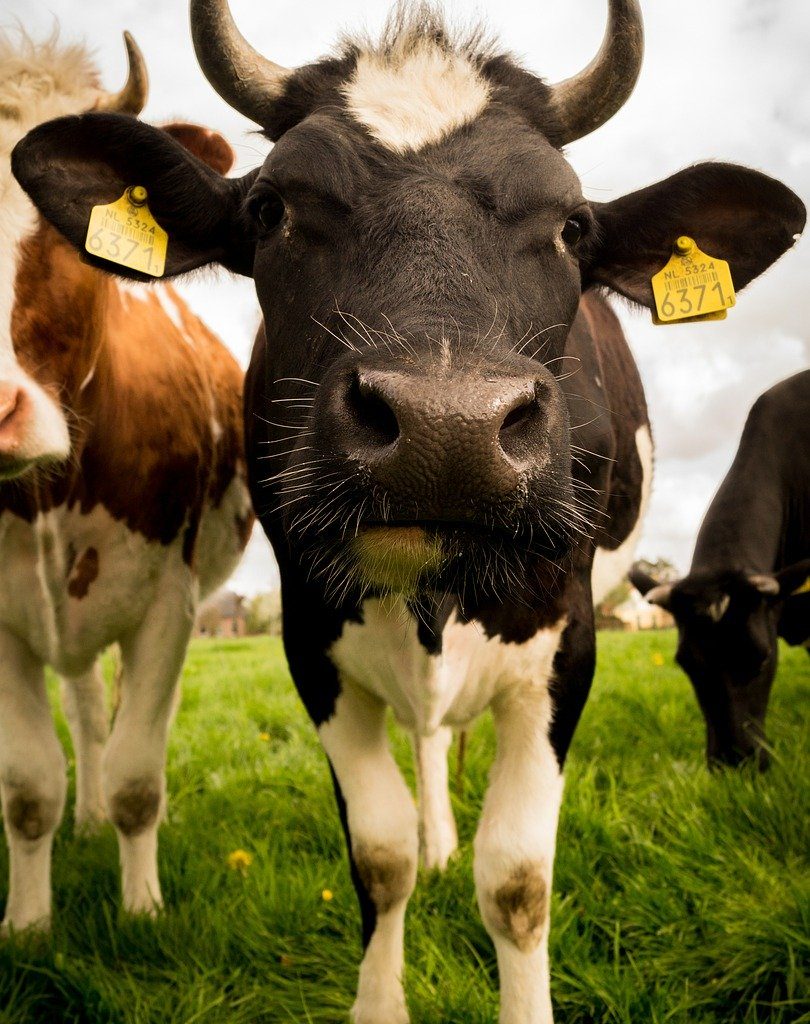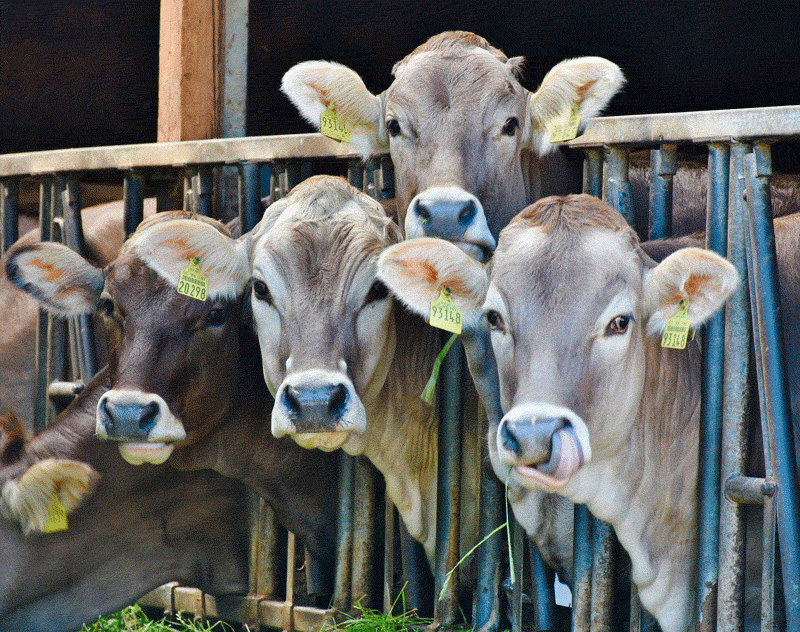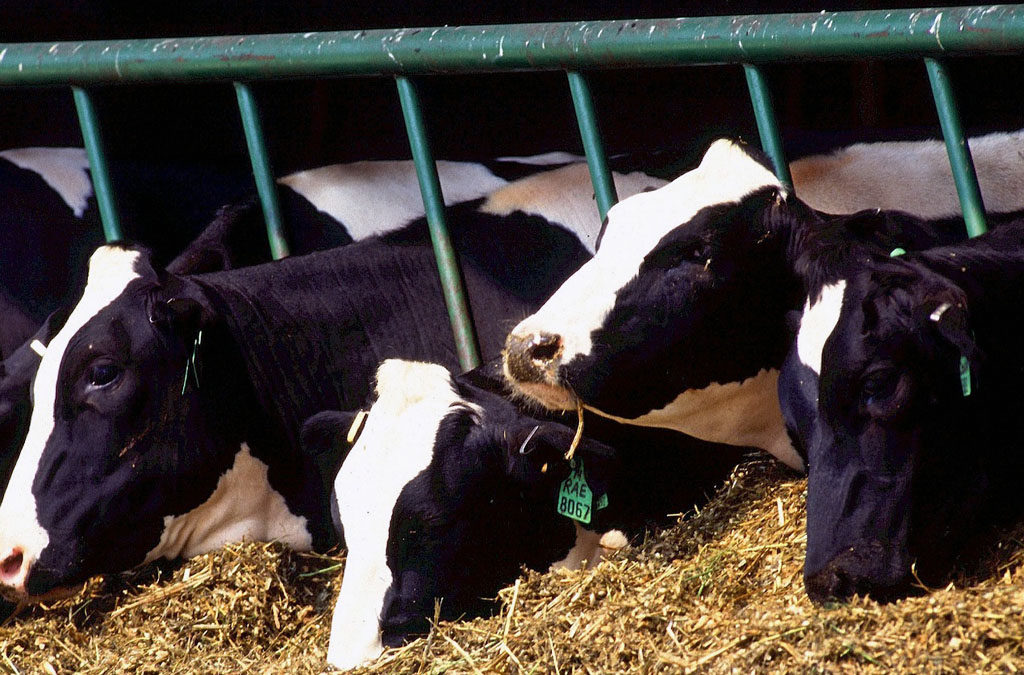28th April 2020
One of the sectors hit harder by Covid-19 is the Food Industry. With the lockdown, most of the restaurant closed, workplaces reduced activity to just essentials and all restaurant and catering services have stopped. Under that unprecedented situation, farmers are wasting thousands of litres of milk. The government has promised a grant to help them cope with these hard times.
The Green Bee
Farmers waste milk
Dairy farming is big. It is the single largest agricultural sector in the UK, accounting for around 17% of the British agricultural production by value. Moreover, they have one of the highest welfare and quality standards.
The charity Royal Association of British Dairy Farmers (RABDF), focused in dairy farmers, estimated foodservice sector orders have dropped by approximately 70-80%. This equates to about 1 million litres of milk per day with nowhere to go. There are many businesses in the foodservice sector which has close, therefore, simply there is not enough demand. Therefore, farmers waste milk.

“We estimate the milk wasted is the equivalent of the production from approximately 300 farms. Also, a significantly higher number are being affected by a reduced milk price”.
In the U.S. milk industry affected, too. Despite the protests asking the President to lift the lockdown amid economic effects, many businesses have closed. “We are seeing a demand decrease of approximately 12 to 15 per cent across the entire United States”, said Jennifer Huson from the Dairy Farmers of America. “It is estimated that between 12 and 17 million litres of milk could be dumped each day because of the pandemic”.
14 BN LITRES PER YEAR
The UK produces around 14bn litres a year of milk. This goes whether for drinking or into dairy products, such as cheese, butter, cream and yoghurts. In addition, all the recipes which use those products as an ingredient.
Milk, and dairies products, are rich in several nutrients: Proteins, fats, B12, and mineral content. However, she said the composition vary: “Milk composition may, however, vary largely, not only between ruminants and non-ruminants but also between different breeding variants of the same species and between individual animals”.
In the last years, vegan milk has been popularised. In the supermarket’s shelves are common to see almond milk, soy milk or oat milk. Firstly, because they are cruelty-free with no implications of animal resources, and secondly, its environmental benefits. These kind are not perishable and it seems the producers can cope better with the lockdown.
A SCHEME FOR HELPING THE FARMERS
RABDF met on 7th of April the government to ask them for help. They hope there will be a resolution by the end of April or beginning of May. About 300 dairy farmers will be eligible for reimbursement to those “who are receiving a significantly reduced value or are having to dispose of their milk as a result of their processor being heavily reliant on the foodservice sector”.
Peter Alvis, Chairman of RABDF said: “This scheme will ensure both short-term and longer-term food security and ease the stress on the industry”. In the worst case scenario, this could mean that the industry won’t meet demands when the lockdown finish.

Jonathan Evans, Shropshire regional dairy lead at National Farmers Union, said: “The Covid-19 outbreak is having a massive impact everywhere and farm businesses are not immune. Moreover, milk has disappeared overnight in some supermarkets. Farmers have faced significant price cuts and been asked to reduce production.
“We have held talks with Government, as part of a bid to help our members’ businesses during these challenging and difficult times».
“We urged Shropshire farmers to make their voices heard. Nearly 2,500 dairy farmers and supporters from across the country wrote to or emailed their MP».
Experts on the sector gave some advice such as reduce costs, in non-essential expenditures, equipment and feed costs. Also, they tip to minimise the production, and if it´s necessary to cull unprofitable animals.

